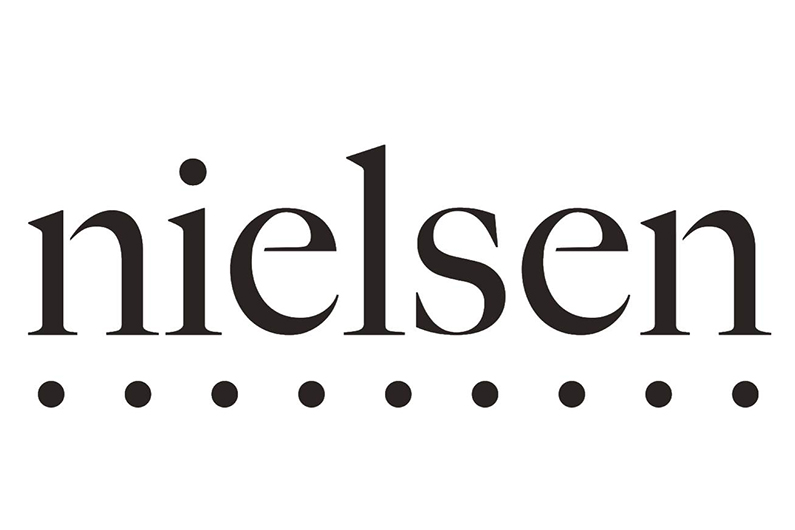
NIELSEN: KSA CONSUMER CONFIDENCE SCORE REMAINS FLAT AT 104, IN SECOND QUARTER
KSA consumer confidence score remains flat from the first quarter at 104, according to consumer confidence findings from Nielsen. At the current level, KSA is amongst the 12 countries globally to reach or exceed a score of 100, which is the optimism benchmark.
Job prospect sentiment improved two percentage points (50%), personal finance sentiment remains bright (64% favorable) while immediate-spending intentions have reduced by four percentage points (45%).
“Consumers are still cautious and rationalizing their spending. More than half of the respondents stated that it is not a good time to buy their needs and wants, with one in four respondents said they had no spare cash after paying basic living expenses” said Arslan Ashraf, managing director, Nielsen Arabian Peninsula and Pakistan. “They have reduced their spending on out-of-home entertainment, home improvements / decorating and holidays / vacations while continuing to save and invest for retirement. Retail sales of fast-moving consumer goods are still showing a slow growth; however, if market conditions remain as it is, we may see the same level of consumer confidence and therefore some improvement in the long term."
Established in 2005, the Nielsen Consumer Confidence Index is fielded quarterly in 63 countries to measure the perceptions of local job prospects, personal finances, immediate spending intentions and related economic issues of real consumers around the world. Consumer confidence levels above and below a baseline of 100 indicate degrees of optimism and pessimism, respectively.
Global consumer confidence remained in a holding pattern in the second quarter
Global consumer confidence held steady in the second quarter of 2016 at 98, an index score that was flat from the first quarter. North America was the only region to sustain growth momentum in the second quarter with a three-point confidence increase to 111.
Global Highlights:
- In North America, U.S. consumer confidence maintained positive momentum in the second quarter, increasing three points to 113 from the previous quarter.
- In Asia-Pacific, confidence was relatively stable at 107, a one-point decrease from the first quarter. Japan’s confidence was of particular significance since it decreased four points to 69; it was Japan’s fourth consecutive quarter of declining scores, amid weak consumption and wage growth. Japan’s GDP has been on a declining trend since 1997 and is currently at 0.5%. Japan’s exports fell for the eighth consecutive month in May. China’s score increased one point to 106
- In Latin America, confidence remained at 78, unchanged from the first quarter. Brazil’s score was flat at 74, while Peru’s score increased 11 points to 102.
- In Europe, Germany’s confidence decreased one point to 96. Meanwhile, Nordic countries and Eastern Europe showed confidence increases in the second quarter.
Confidence in Africa/Middle East was relatively stable
In the six Africa/Middle East countries measured, confidence scores, which ranged from a high of 109 in the United Arab Emirates (a five-point increase from the first quarter) to a low of 78 in South Africa (a three-point increase) have been relatively consistent in each country over the past three or four quarters. Confidence in Saudi Arabia and Pakistan remained at 104 each, unchanged from the first quarter. Egypt’s score of 81 increased three points from the first quarter, while Morocco’s score of 83 declined one point.
ABOUT THE NIELSEN GLOBAL SURVEY OF CONSUMER CONFIDENCE AND SPENDING INTENTIONS
The second-quarter online survey was conducted May 9–27, 2016. The findings in this survey are based on an online methodology in 63 countries. While an online survey methodology allows for tremendous scale and global reach, it provides a perspective only on the habits of existing internet users, not total populations. In developing markets where online penetration is still growing, audiences may be younger and more affluent than the general population of that country. Three sub-Saharan African countries (Ghana, Kenya and Nigeria) utilize a mobile survey methodology and are not included in the global or Middle East/Africa averages discussed throughout this report. In addition, survey responses are based on claimed behavior, rather than actual metered data. Cultural differences in reporting sentiment are likely factors in the measurement of economic outlook across countries. The reported results do not attempt to control or correct for these differences; therefore, caution should be exercised when comparing across countries and regions, particularly across regional boundaries.





























